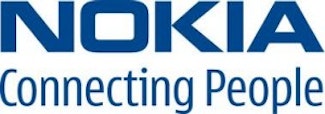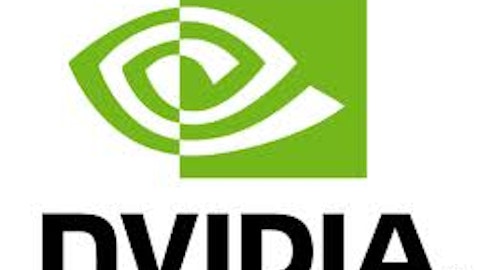
Time Moves On
Nokia was once the dominant cell phone handset manufacturer. It had massive market share and a powerful brand image. Moreover, it held a leading position in emerging markets, where growth was, and is, expected to be material over the coming years. It was at the leading edge of the cell-phone boom.
However, it pretty much missed the smart phone boat. This has turned Nokia from a leader to an also ran in developed markets, lagging far behind Apple Inc. (NASDAQ:AAPL)’s iPhone and the many handsets supporting Google Inc (NASDAQ:GOOG)’s Android platform. Indeed, while Apple was cementing its position as the dominant smart phone maker, and Google was copying Apple’s best features, Nokia was working on a smart phone operating system that it eventually threw away.
Although Apple’s penchant for trying to tightly control every aspect of its products is starting to look like a big liability, Google is still running strong. To take on this duo, Nokia began working with Microsoft Corporation (NASDAQ:MSFT) in an attempt to turn the tide. The thing is, Nokia has much more at stake with this partnership than Microsoft, and the outcome is no slam dunk.
A Dividend Cut is Never a Good Thing
While Nokia has material issues to deal with, its financial position isn’t particularly bad. True, it is bleeding cash and posting bad earnings results, but it has the financial resources to live through an extended period of transition. So, it can afford to keep going down its current path with Microsoft in an attempt to earn its way back into the big leagues. However, it is hard to justify a dividend when you aren’t making any money and spending heavily on getting back in the game.
“To ensure strategic flexibility, the Nokia Board of Directors will propose that no dividend payment will be made for 2012 (EUR 0.20 per share for 2011). Nokia’s Q4 financial performance combined with this dividend proposal further solidifies the company’s strong liquidity position.” You can’t argue with the logic, but it still stings. However, it comes after earlier cuts, which is part of what gives the cockroach theory (where there’s one, there’s more) validity.
Reason to be Hopeful
Now that the dividend cut is out of the way, investors can focus on Nokia’s long-term prospects. For example, Nokia still has impressive market share in emerging markets, but its stronghold is among price sensitive consumers. While this is likely to keep the company relevant for many years, it isn’t going to lead to growth.
Apple has been chided for not having a lower price option for such price sensitive customers. While Google’s Android is found in phones all along the price spectrum, Nokia and Microsoft’s new phones have been receiving positive reviews. Though too early to tell if they will be a financial hit, they could easily be used as the template for a solid emerging market smart phone.





